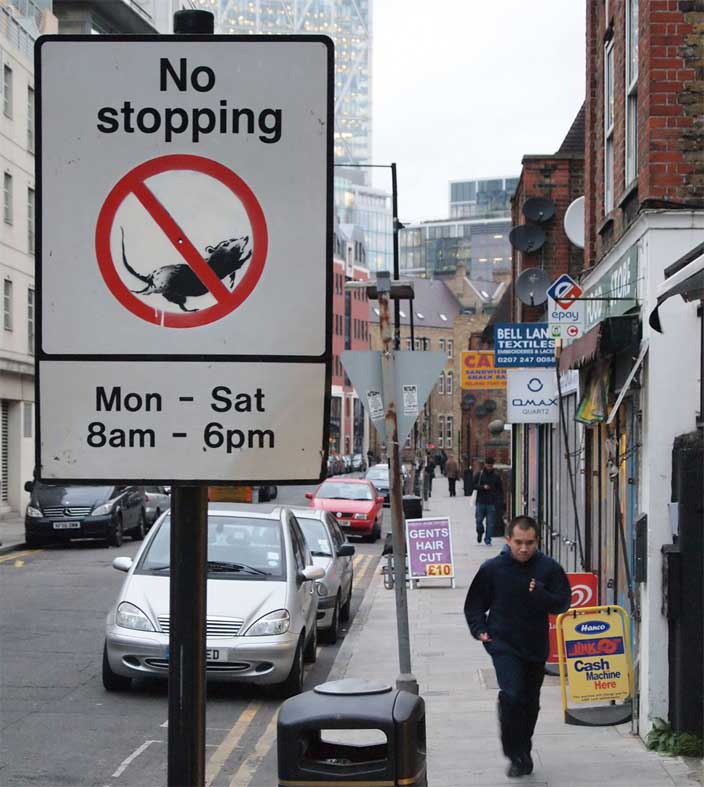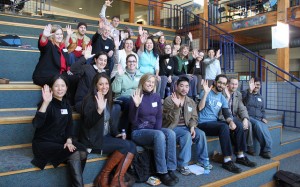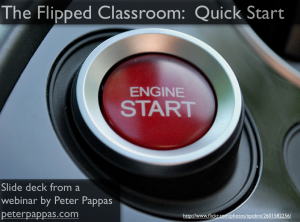It’s back to school time. Get ready for that opening day faculty meeting where you sit and listen, while wishing you could be getting some actual work done in your classroom. Here’s some questions you might ask at the meeting to generate more meaningful back to school discussion.
Can students learn to be innovative in a school driven by the routine of test prep?
Every summer you get to reinvent yourself as a teacher. I’ve used the time to brainstorm a few disruptive questions I would pose to subvert the status quo in school. This post is directed to teachers and administrators thinking about their school at the program level. Its companion post, 13 Subversive Questions for the Classroom, offers reflective questions for teachers to consider when thinking about their approach to instruction.
- When’s the last time we talked about who’s learning, who’s not, and what we are doing about it?
- How much of what is taught in our school is only useful for passing state tests?
- With new and cheaper technologies giving students greater control of their information landscape, when will our school become totally irrelevant to students and fully isolated from their personal learning environments?
- Do we dumb down instruction for the “low achievers” in the belief that they cannot handle higher order thinking?
- Are the “honors” students critical thinkers, or just willing to memorize what we give them?
- Are teachers’ informal social media connections more valuable to them than our district-mandated PLC’s?
- Which is the better driver’s test – the written DMV exam or the road test? What does that tell us about state assessments?
- If we accept the notion that the careers of the future have not been invented yet, how do we justify the rigidity of our 19th century, departmentalized curriculum?
- When do students actually get to work on that “life-long learner” goal in our school mission statement?
- What would happen if faculty meetings and staff development had to use the strategies being advocated for the classroom?
- When we host a parents’ event, do we use the instructional strategies we promote for the classroom or simply lecture at them?
- Is our school program thoughtfully designed to give students increasing responsibility for their learning?
- What meaningful career looks like filling out a worksheet?
- Can students learn to be innovative in a school driven by the routine of test prep?
Comment below to add a question you’d like to see posed at the opening day faculty meeting.
Image credit: Banksy – subversive street artist.










